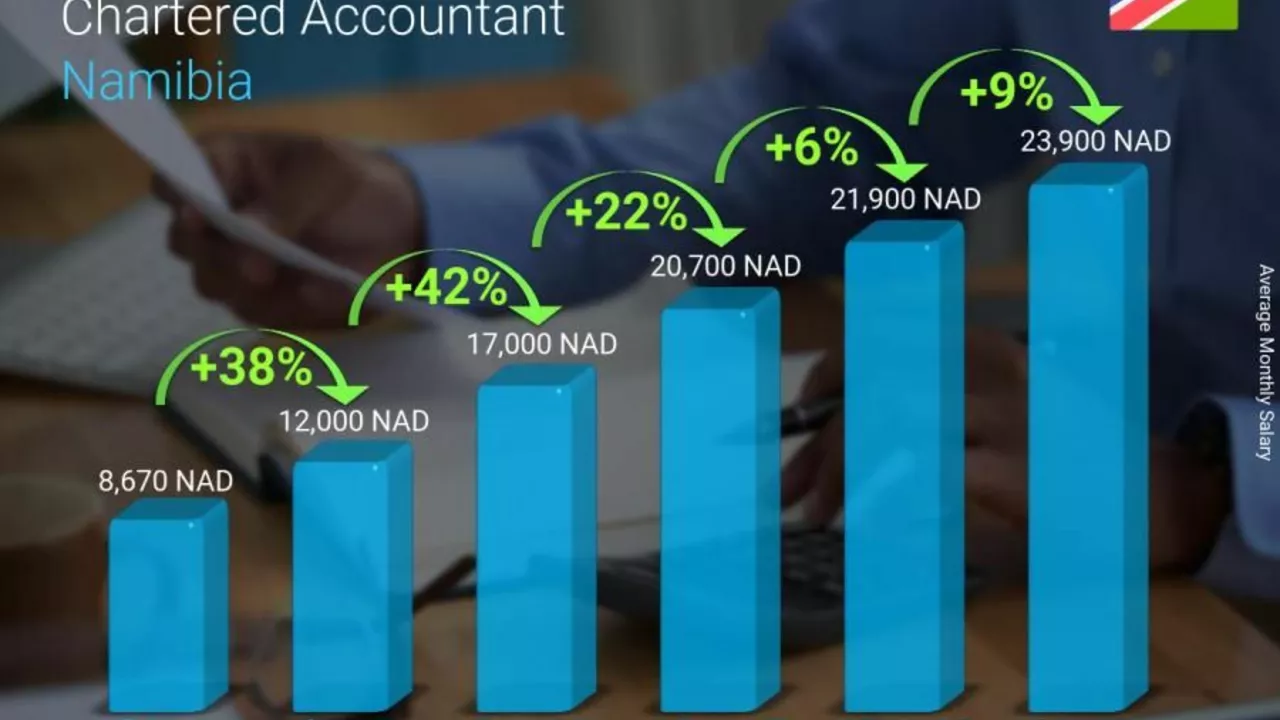Bank Manager Job: What It Is, How to Get It, and How Much You’ll Earn
If you’ve ever wondered what a bank manager does day‑to‑day, you’re not alone. A bank manager runs a branch, makes sure customers get the service they need, and keeps the numbers healthy. It’s a mix of people skills, numbers, and leadership—perfect for anyone who likes solving problems while helping others.
Below you’ll find the basics: the role’s key duties, the qualifications most banks look for, where to find openings, and proven tips to nail the interview. By the end, you’ll have a clear roadmap to land that bank manager job.
Core Responsibilities of a Bank Manager
At its core, a bank manager’s job revolves around three pillars: people, profit, and compliance.
- Customer Service: Greet clients, resolve complaints, and promote products like loans or credit cards.
- Team Leadership: Coach tellers, set sales targets, and schedule shifts to keep the branch running smoothly.
- Financial Oversight: Review daily cash balances, ensure audit standards are met, and hit revenue goals.
Every decision you make influences the branch’s reputation and the bank’s bottom line. That’s why strong communication and a solid grasp of banking regulations are non‑negotiable.
How to Qualify for a Bank Manager Position
Most banks require a bachelor’s degree in finance, business administration, or a related field. A master’s degree isn’t mandatory but can give you an edge, especially for larger branches.
Experience matters more than you think. Here’s a typical path:
- Start as a teller or customer service representative (1‑2 years).
- Move up to assistant manager or loan officer (2‑4 years).
- Take on supervisory roles, manage a small team, and spearhead sales campaigns.
While you’re climbing, consider certifications like Certified Financial Services Counselor (CFSC) or a banking license from the RBI (if you’re in India). They signal professionalism and can boost your salary.
Speaking of salary, a bank manager in India generally earns between ₹6 lakh and ₹20 lakh per year, depending on the branch’s size, location, and your track record. Bonuses tied to target achievement can add a sizable chunk to the base pay.
Where to Find Bank Manager Job Openings
Online job portals such as Naukri.com, Indeed, and LinkedIn list hundreds of bank manager vacancies every week. Don’t overlook the banks’ own career pages—large institutions often post exclusive openings there.
Networking still beats cold applications. Attend local banking meet‑ups, join finance‑focused groups on social media, and let your current supervisors know you’re ready for the next step. A referral can move your resume to the top of the pile.
Interview Tips That Actually Work
Bank manager interviews blend behavioral questions with scenario‑based tests. Here are three things to prepare:
- Know the numbers: Be ready to discuss a branch’s profit‑and‑loss statement and how you’d improve it.
- Show leadership: Share a story where you coached a teammate to exceed a sales target.
- Compliance awareness: Explain how you’d handle a suspected money‑laundering case.
Practice your answers out loud, keep them concise, and back every claim with a real‑world example. Dress smart, arrive early, and bring a copy of your resume and any relevant certificates.
Finally, remember that confidence sells. When you walk into the interview, picture yourself already managing the branch—your posture, tone, and confidence will reflect that mindset.
With the right mix of education, experience, and preparation, the bank manager job is well within reach. Use this guide as a checklist, stay proactive in your search, and you’ll be on the path to a rewarding banking career.
 17 Jul 2023
17 Jul 2023
Securing a bank manager job in Canada from India involves several strategic steps. Firstly, you need to earn a degree in finance, business administration, or a related field, coupled with a few years of experience in the banking sector. Next, it's essential to get certified by a recognized financial institution in Canada and to have proficiency in English or French. Applying for a work permit or express entry can aid in your smooth transition. Lastly, networking with professionals in the Canadian banking industry and applying through job portals can increase your chances of landing the job.
View More
